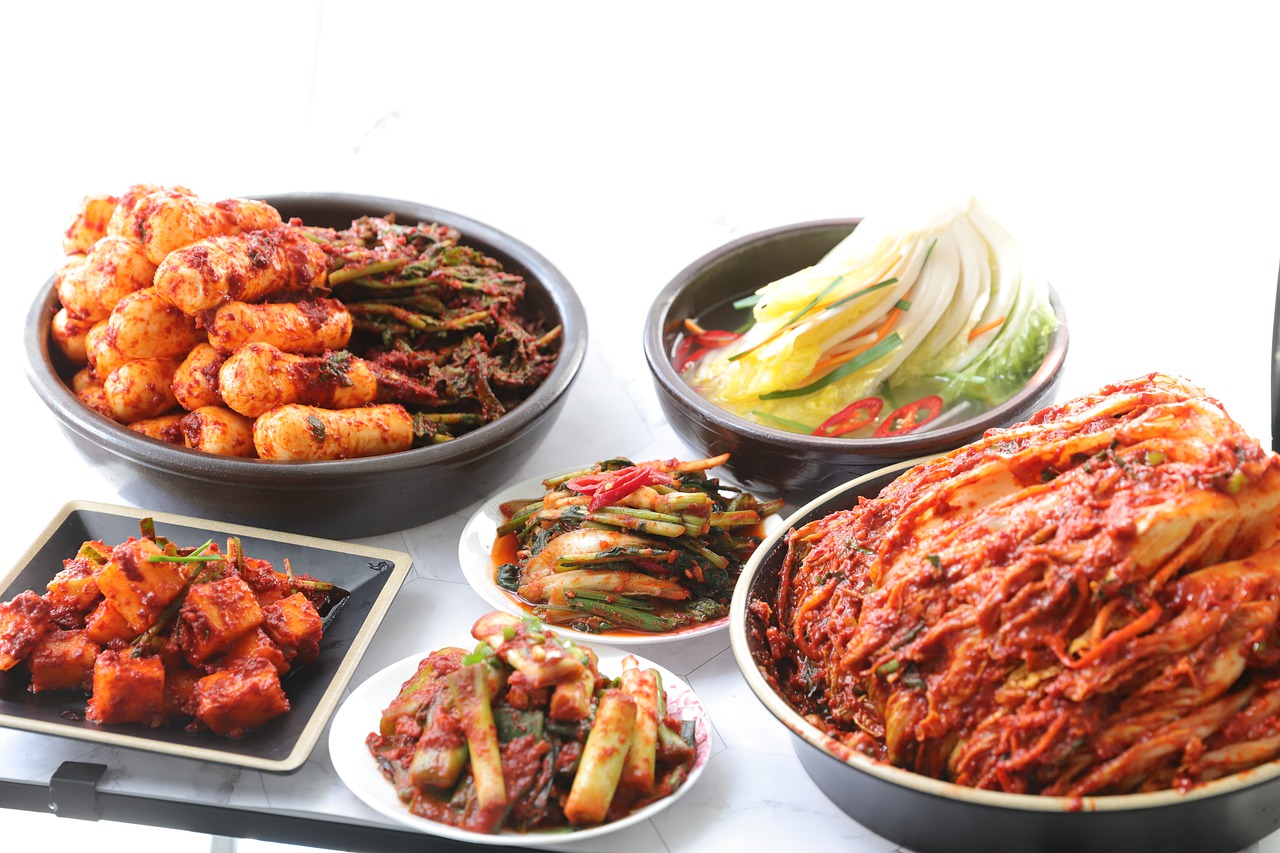Analyzing the Influence of Food Security Policies on Export Market Stability
betbhai, cricket99 exchange, diamondexch9.con: Analyzing the Influence of Food Security Policies on Export Market Stability
When it comes to the global food market, stability is crucial for both producers and consumers. One of the key factors that can affect market stability is food security policies implemented by governments around the world. These policies not only impact the availability of food domestically but also have a significant influence on export markets. In this article, we will delve into the relationship between food security policies and export market stability, exploring how these policies can shape trade dynamics and market outcomes.
The link between food security and export market stability is complex and multifaceted. Food security policies encompass a wide range of measures aimed at ensuring that populations have access to an adequate and nutritious food supply. These policies can include tariffs, subsidies, import/export restrictions, and quality standards, among others. While these policies are designed to protect domestic food security, they can also have unintended consequences on export markets.
One way in which food security policies can impact export market stability is through trade barriers such as tariffs and quotas. By imposing tariffs on food imports or restricting the quantity of exports, governments can distort trade dynamics and create uncertainties for exporters. These barriers can lead to market inefficiencies, price fluctuations, and reduced market access for producers, ultimately affecting export market stability.
Furthermore, subsidies provided to domestic producers can also influence export market stability. Subsidies are often used to support local agriculture and ensure food security. However, these subsidies can distort market prices, making it difficult for exporters from other countries to compete. This can lead to trade disputes, retaliatory measures, and market volatility, all of which can undermine export market stability.
Quality standards and regulations imposed by governments can also impact export market stability. While these standards are important for ensuring food safety and consumer protection, they can create barriers to trade for exporters who do not meet these requirements. This can lead to market access issues, trade disruptions, and increased costs for exporters, affecting market stability in the process.
In addition to these direct impacts, food security policies can also have indirect effects on export market stability. For example, restrictions on genetically modified organisms (GMOs) or other technologies can limit the competitiveness of exporters who rely on these innovations. Similarly, environmental regulations or land use policies can affect the production capacity of exporters, leading to supply shortages and market uncertainties.
Overall, the influence of food security policies on export market stability is a complex and nuanced issue. While these policies are essential for ensuring food security and protecting domestic markets, they can also have unintended consequences on export markets. To navigate these challenges, policymakers, producers, and stakeholders must work together to find a balance between food security objectives and export market stability.
In conclusion, analyzing the influence of food security policies on export market stability is essential for understanding the dynamics of the global food market. By considering the impact of trade barriers, subsidies, quality standards, and other policy measures, stakeholders can mitigate risks and uncertainties in export markets. By fostering cooperation and dialogue among countries, we can promote a more stable and resilient food market for the benefit of all.
—
FAQs
1. How do subsidies impact export market stability?
Subsidies provided to domestic producers can distort market prices, making it difficult for exporters from other countries to compete. This can lead to trade disputes, retaliatory measures, and market volatility, ultimately affecting export market stability.
2. What are some examples of food security policies?
Food security policies can include tariffs, quotas, subsidies, quality standards, and regulations aimed at ensuring a stable and secure food supply for populations.
3. How can governments balance food security objectives with export market stability?
Governments can balance food security objectives with export market stability by seeking ways to support domestic producers while also promoting fair and open trade practices. This can involve dialogue with trading partners, transparency in policy-making, and a commitment to international cooperation.
4. What role do international organizations play in shaping food security policies?
International organizations such as the World Trade Organization (WTO) and the Food and Agriculture Organization (FAO) play a key role in shaping global food security policies. These organizations work to promote cooperation, trade liberalization, and sustainable agriculture practices to ensure food security for all.
5. How can producers adapt to changing food security policies?
Producers can adapt to changing food security policies by staying informed about policy developments, diversifying their markets, and investing in sustainable production practices. By staying proactive and flexible, producers can navigate challenges and opportunities in the global food market.
6. How can consumers advocate for more sustainable food security policies?
Consumers can advocate for more sustainable food security policies by supporting local producers, choosing products that align with their values, and engaging with policymakers on issues related to food security and sustainability. By raising awareness and demanding change, consumers can help shape a more resilient and equitable food system.







